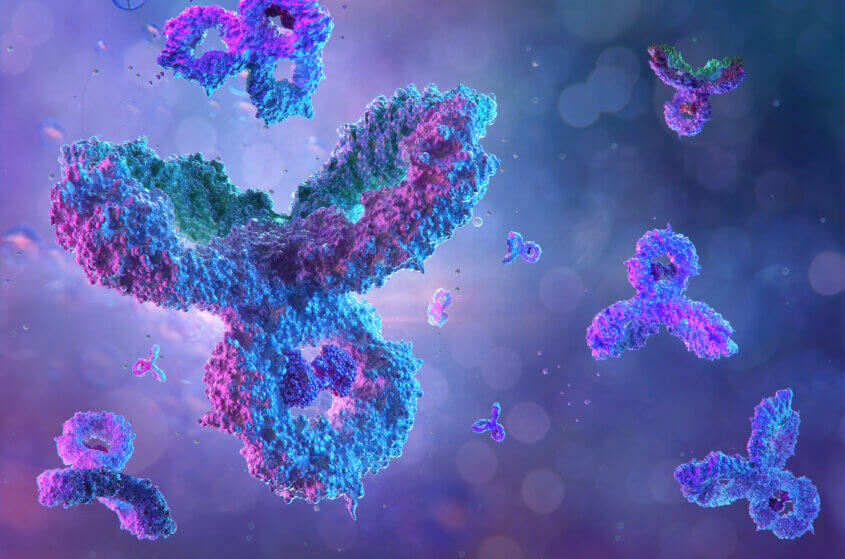ILPTO Update: Broad functional antibody claims are not permissible
In a precedential decision in the PCSK9 litigation between Sanofi and Amgen, the ILPTO granted the opposition against Amgen’s broad claims to PCSK9 antibodies and limited the scope of functional antibody claims.
PCSK9 is a key player in plasma cholesterol metabolism. Its inhibition increases the number of the LDL Receptors on cell surface and thus reduces LDL levels. Monoclonal antibodies that inhibit the activity of PCSK9 are marketed by Sanofi (alirocumab) and Amgen (evolocumab). Amgen filed a patent application claiming monoclonal antibodies that bind to PCSK9, neutralize its activity and compete for binding with Amgen’s commercial antibody or another Amgen reference antibody. Because the claims are not limited to structurally defined antibodies, they cover a huge genus of antibodies and could potentially block the entire field of PCSK9 antibodies.
In a recent decision, the ILPTO held that Amgen’s inventive contribution was limited to the development of the specific antibodies exemplified in the specification and that it cannot monopolize the concept of inhibiting PCSK9 activity using antibodies. The ILPTO further held that a skilled person cannot reasonably expect that by following the antibody screening methods disclosed in the specification, antibodies of the claimed functional parameters will be obtained without further research activity. The broad class of antibodies claimed by Amgen is therefore not enabled. Amgen also argued that its reference antibodies bind a small epitope on PCSK9 (‘sweet spot’ ) and by claiming competing antibodies the claims are directed only to antibodies binding the same epitope. Based on experiments filed by Sanofi, the ILPTO held that the claims are also directed to antibodies binding outside the ‘sweet spot’ which compete due to steric hindrance and that Amgen is anyhow not entitled to claim every antibody binding the ‘sweet spot’.
Following the above reasoning, the ILPTO held that Amgen can only claim the antibodies it exemplified in the specification as defined by their amino acid sequences. Accordingly, just like small molecule claims, the scope of antibody claims must be consistent with Applicant’s inventive contribution and fully enabled. Functional parameters cannot substitute a structural definition of the claimed antibody unless the method taught by the patent is expected to consistently and repeatedly generate the claimed antibodies.
Opposition by Sanofi to Amgen’s IL Application No. 204013 (decision dated July 10, 2024) – Liad Whatstein & Co. acted for Sanofi.
This update article is provided for general information only and is not in lieu of legal advice. Please contact us directly for any required advice on specific matters.
